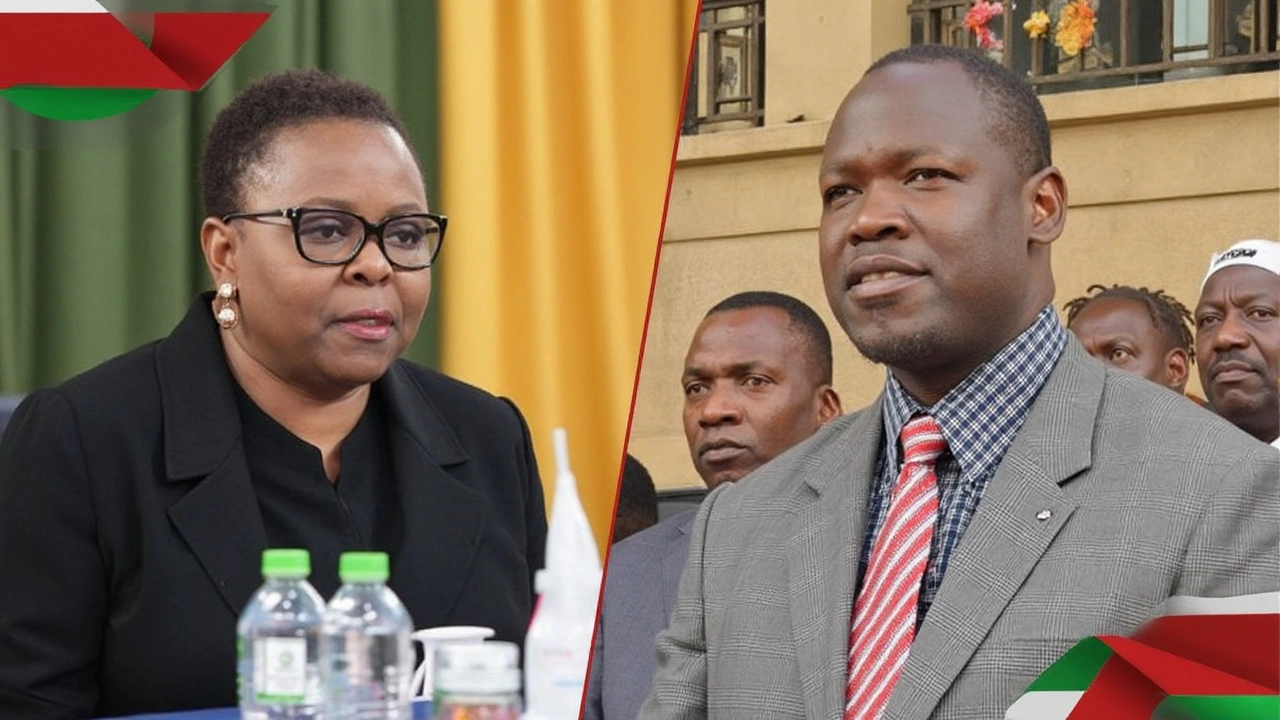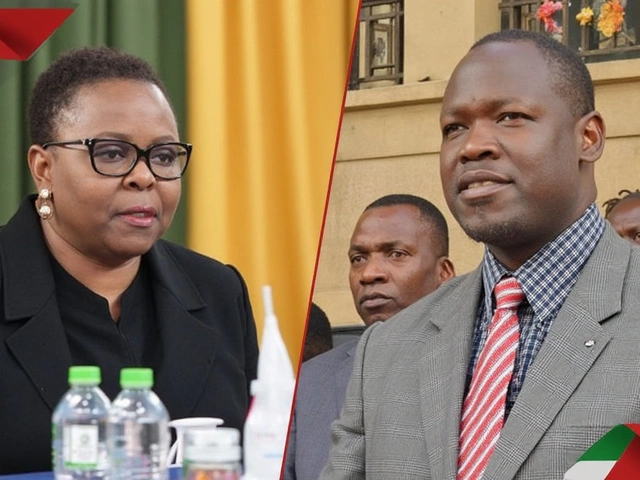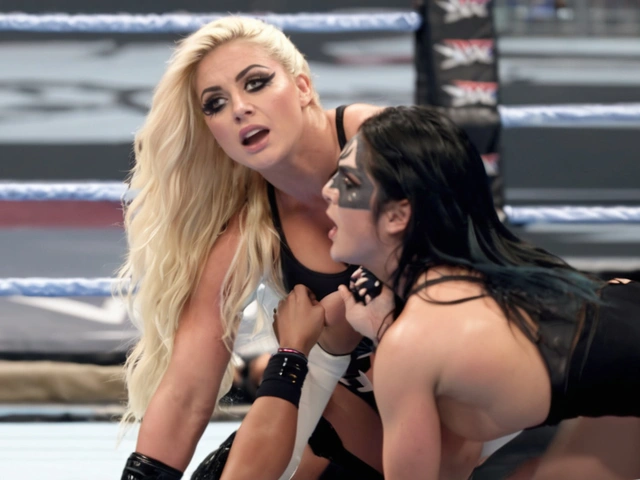Family Feud Hits Supreme Court as Tuju Battles Lenaola’s Request
The legal skirmish between Raphael Tuju—once a Cabinet Secretary—and the Supreme Court has taken a sharp turn. Tuju, together with his children Mano, Alma, and Yma, plus two companies linked to the family, have gone head-to-head with Justice Isaac Lenaola’s push for Chief Justice Martha Koome to set up a bench for a pivotal hearing. At the heart of their protest: a brewing battle for impartiality and trust within Kenya’s highest court.
This all started with a fallout between Tuju’s company, Dari Limited, and the East African Development Bank (EADB). What might have simply been a commercial commotion quickly morphed into a constitutional storm. After a series of courtroom tussles, things escalated to a petition that could determine if Supreme Court judges could be removed under these heated circumstances.
Justice Lenaola wants Chief Justice Koome to curate the special bench that would weigh the case. But Tuju’s lawyers, Gregory Ndege, Duncan Okatch, and Paul Nyamodi, aren’t buying it. They insist CJ Koome, being a petitioner herself in the ongoing legal fracas, can’t play referee without bending the rules of fairness. They point to Article 47 of the Constitution and the Fair Administrative Action Act, which spell out every Kenyan’s right to fair and impartial treatment by public institutions—including the courts.
Raphael Tuju and his team fear that if Koome pulls the strings behind the scenes, the bench’s neutrality goes out the window. Their lawyers stressed this point before Justice Lawrence Mugambi, urging him to keep Koome from any administrative role related to handpicking the judges for this bench.
The High Stakes: Allegations, Accusations, and Judicial Power Plays
The battle is bigger than one family’s griping. It casts fresh doubts on how Kenya’s Supreme Court handles its own—especially when those at the top get caught up in commercial and constitutional battles themselves. Chief Justice Koome, for her part, says the petitions against her and Deputy CJ Philomena Mwilu aren’t about fairness—they’re political power moves trying to kick up a constitutional showdown. Koome has openly warned that these legal threats risk pulling the entire system into crisis territory.
Deputy CJ Mwilu also isn’t staying silent. She’s firing back at the Judicial Service Commission (JSC), which has ordered judges to answer petitions trying to force their recusal in the EADB affair. Mwilu claims the JSC is operating outside its legal playground; judges, she says, can’t be yanked from the bench just because a litigant doesn’t like their decisions.
The background drama here shouldn’t be ignored. There’s growing unease among regular Kenyans about what goes on behind the courthouse doors. CJ Koome herself admits that problems like corruption and drawn-out cases don’t help the judiciary’s reputation. Now, with Supreme Court heavyweights publicly airing their grievances and raising alarm bells, the whole spectacle is exposing the cracks—and maybe the first real chance for reform within Kenya’s justice system in years.
The coming days will determine more than just who gets to choose a bench. They could decide how much faith the public keeps in the Supreme Court, and whether the country’s most powerful judges can survive the heat of their own halls of justice.






Post A Comment